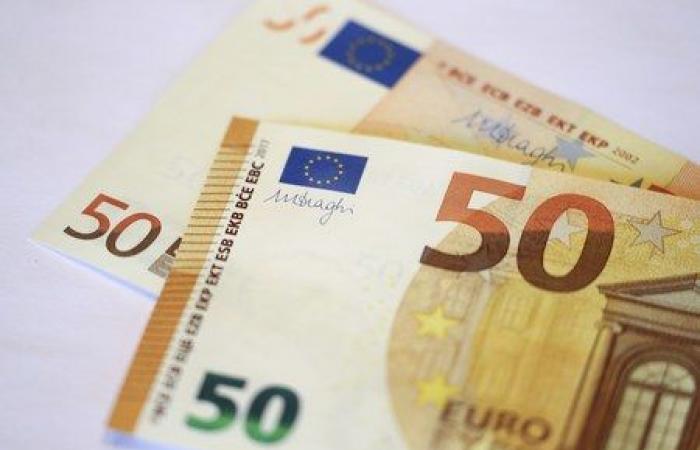Rising U.S. yields supported the dollar on Tuesday, with low-yielding currencies such as the Japanese yen and Chinese yuan feeling the pressure as investors await a speech by Federal Reserve Chairman Jerome Powell later in the session.
Benchmark 10-year Treasury yields rose nearly 14 basis points to 4.479% overnight, with analysts linking the rise to expectations that Donald Trump will win the U.S. presidency, which will in turn lead to higher tariffs and government borrowing.
On Tuesday, the yield on the 10-year note was down 2 basis points on the day at 4.4593%.
“Mr Trump’s better performance (in the debate) compared to President Joe Biden has reinforced expectations that inflation could accelerate, yield curves could steepen further and the dollar could continue to trade at a premium,” said Christopher Wong, a strategist at OCBC.
The dollar index, which measures the U.S. unit against six other currencies, was up 0.15% at 106.00, with the spotlight on economic data and comments from Federal Reserve Chairman Jerome Powell later in the session.
“Powell has tended to be a bit more optimistic than the FOMC consensus on disinflation, and we think there are downside risks to the dollar ahead of today’s speech,” said Francesco Pesole, forex strategist at ING.
They’re also looking at JOLTS job postings figures for May, which have decent market-changing potential, analysts say.
While the dollar rose, the euro resumed some of its rally after the first round of French elections came out more or less in line with polls. The single currency was down 0.2% at $1.0715.
As markets await the second round of the French elections over the weekend, their attention has turned to economic data and the monetary outlook from the European Central Bank.
Eurozone inflation eased last month, but a crucial services component remained stubbornly high, fuelling concerns that domestic price pressures will remain elevated.
ECB President Christine
Lagarde
said Monday that the central bank needs more time to conclude that inflation is firmly on track to 2% and that benign economic developments indicate there is no urgency to cut rates.
The yen hit 161.745 per dollar on Tuesday, its lowest level in nearly 38 years, largely due to the wide gap between interest rates in the United States and Japan.
Japan’s finance minister said Tuesday that authorities were monitoring sharp moves in the foreign exchange market but had not given a clear warning about intervention.
Against the euro, the yen hit an all-time low of 173.67 on Monday and was close to that level on Tuesday, while against the Australian dollar, the yen was close to a 33-year low as carry trades remained attractive.
“There is no trigger for yen weakness today, but rather nothing to prevent it,” said Matt Simpson, senior market analyst at City Index.
Strong manufacturing data from China and the central bank’s announcement that it would borrow bonds – likely to sell them and stabilize falling yields, traders said – gave the yuan only a brief boost on Monday.
It was at 7.307 in offshore trading on Tuesday, close to its June low.
The pound edged closer to its lowest level in almost two months against a robust dollar on Tuesday, while the euro continued its modest recovery over the past week.
The Australian dollar fell 0.14% to $0.66515 as traders took into account the central bank’s minutes, which showed much discussion over whether policy was tight enough to ensure inflation slows as desired.
Swap market prices imply a one in three chance of a rate hike as early as next month.






